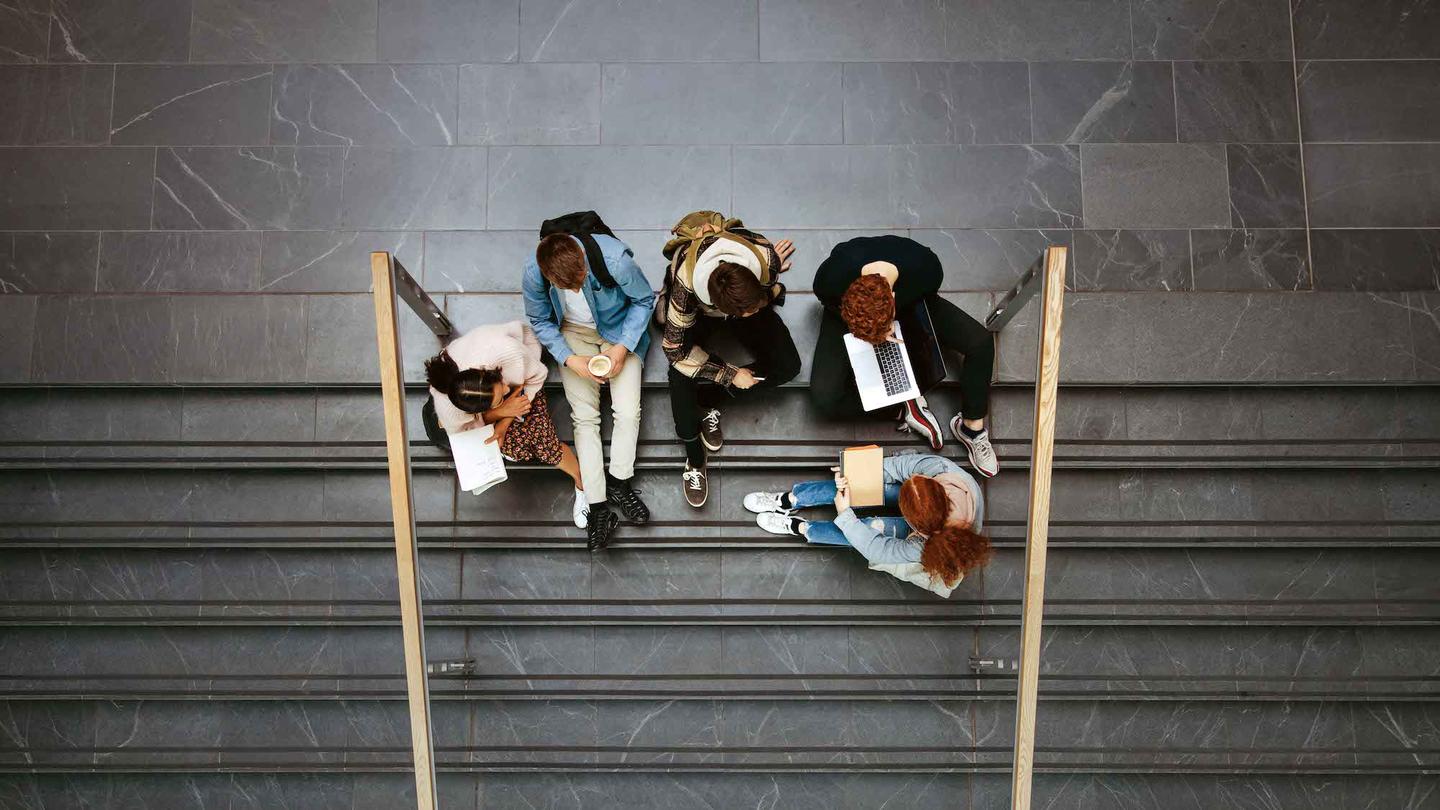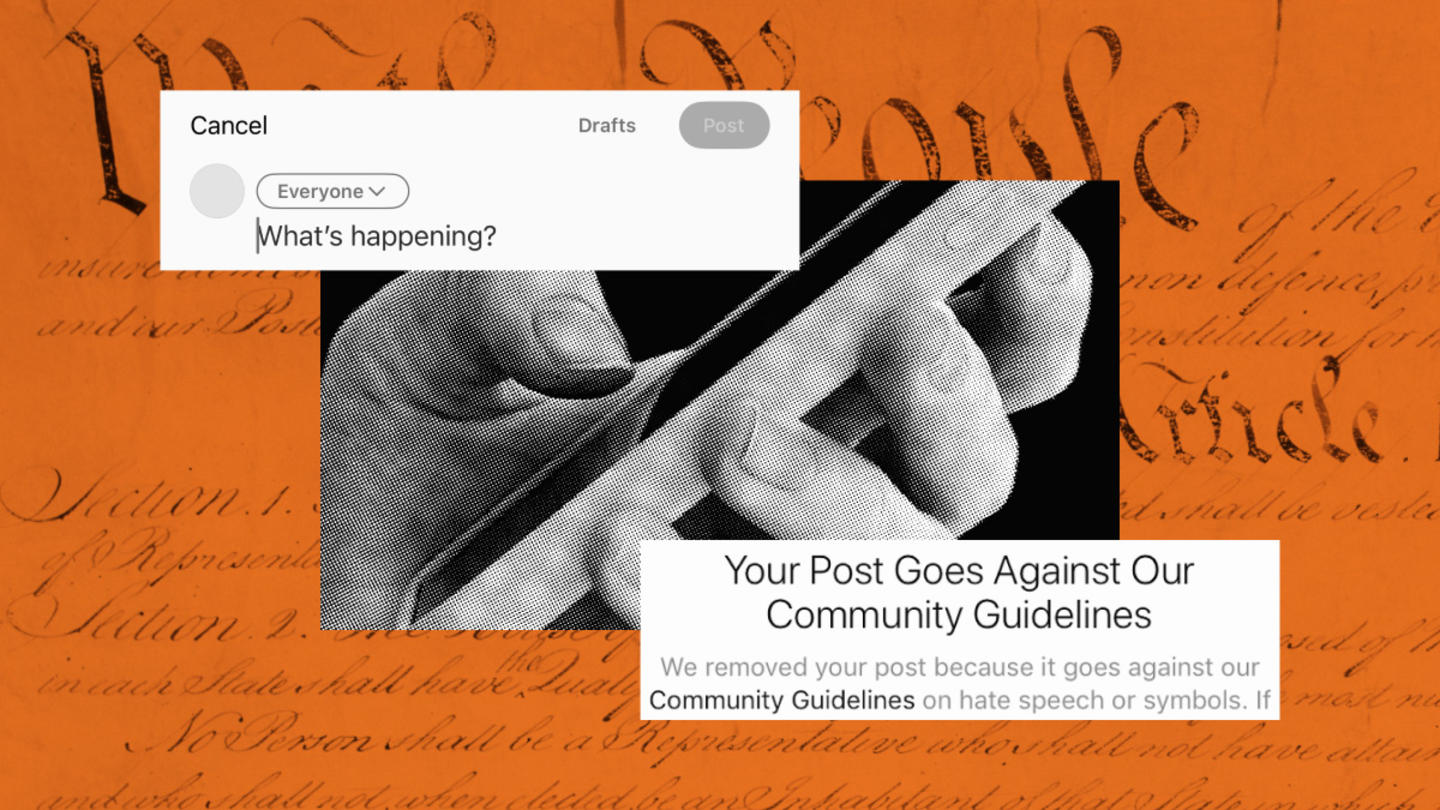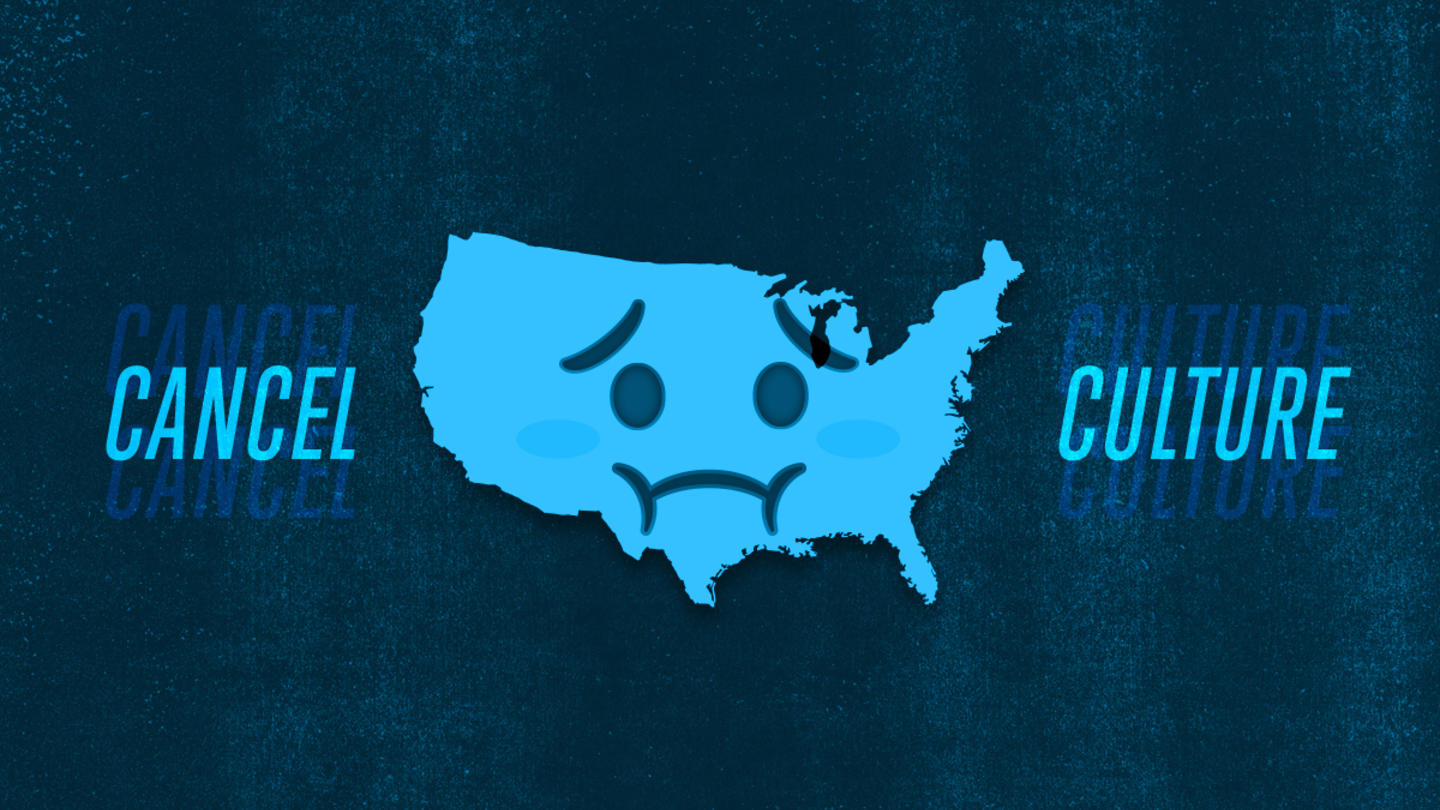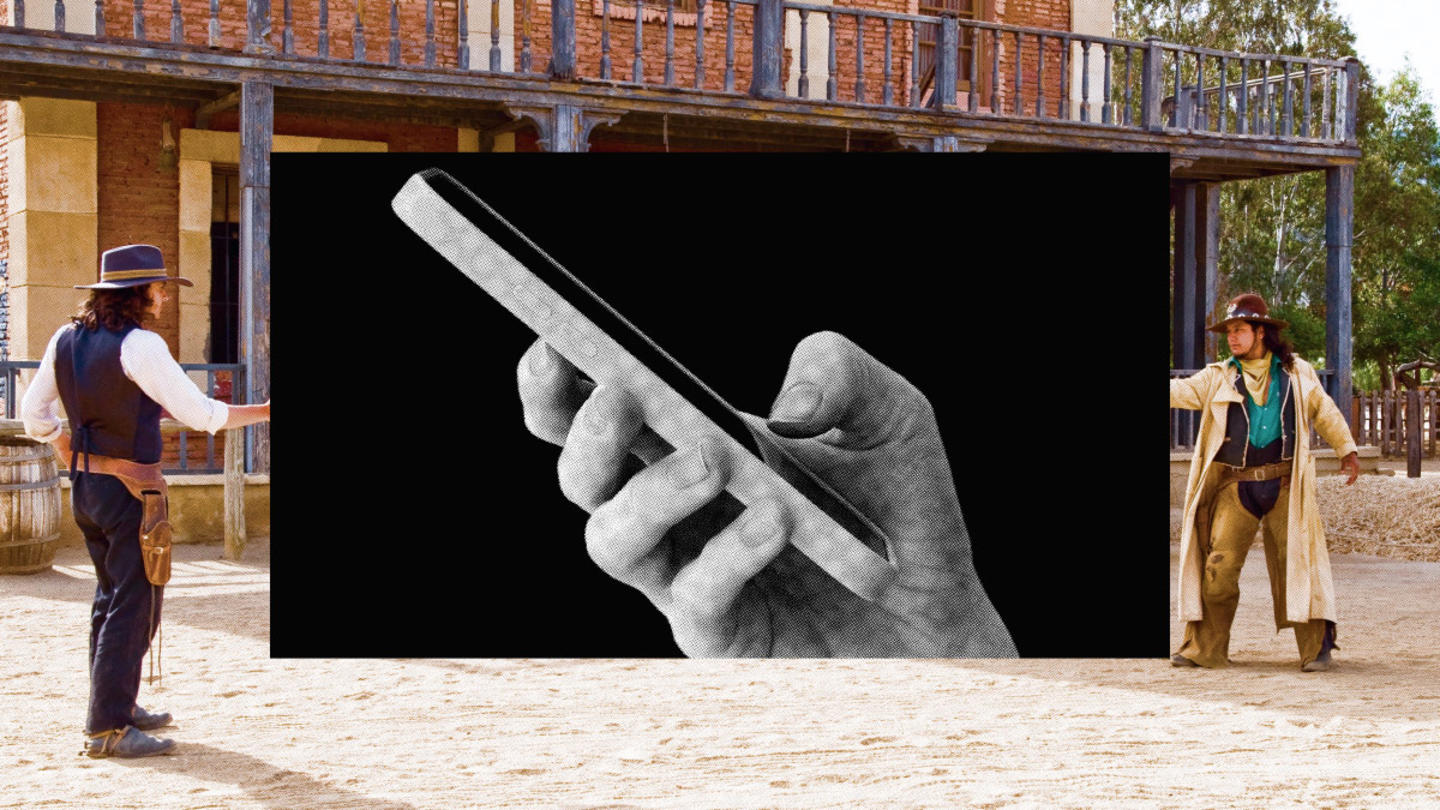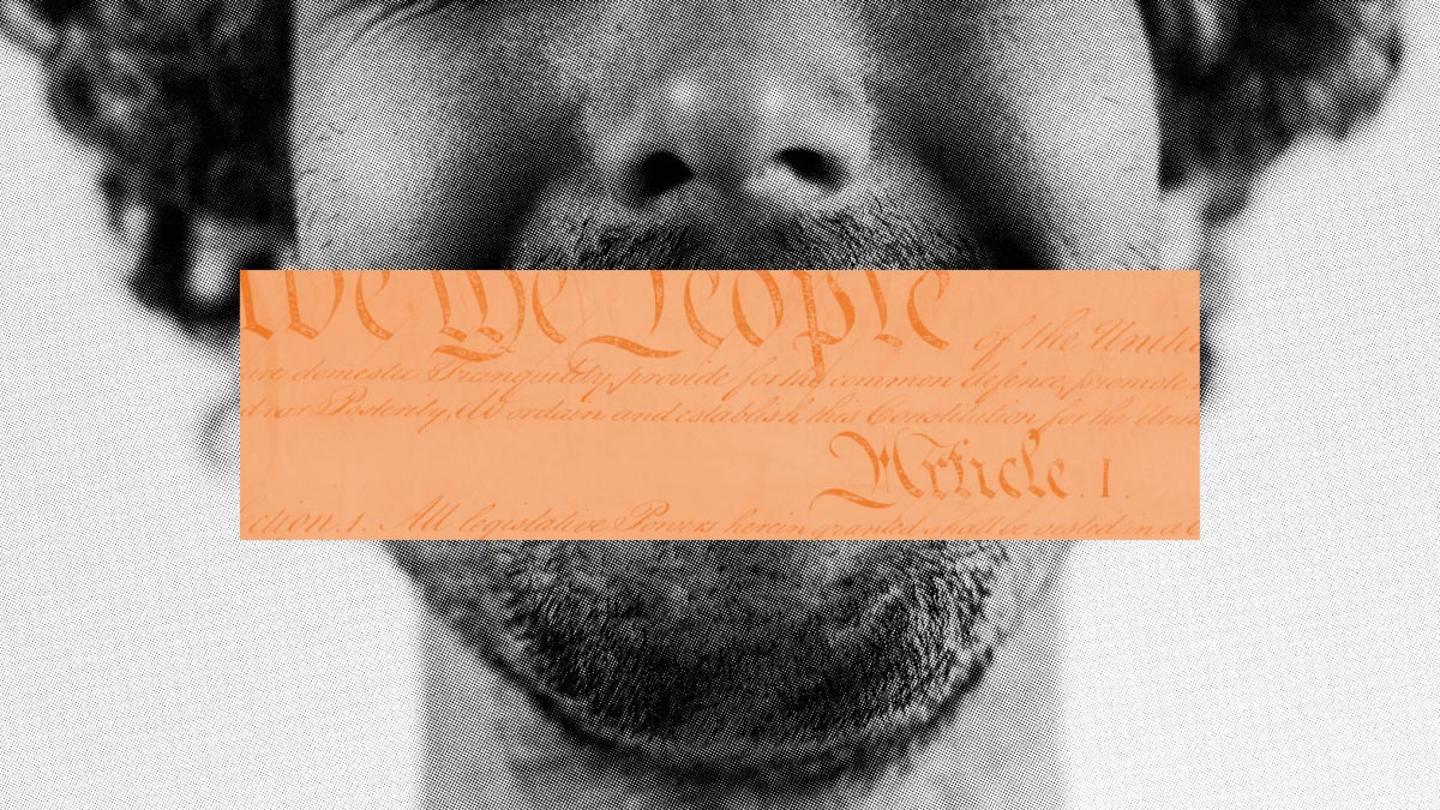This article was originally published by Stand Together Trust.
The 2022 Winter Olympics are over — along with the speech codes Beijing enforced — but athletes still have to muzzle their voices. Both The New York Times and Fox Business have explored how, even at home, athletes, brands, and sports franchises are keeping quiet about human rights abuses in order to gain access to closed, but lucrative Chinese markets.
U.S. athletes aren't the only ones afraid to raise their voices.
Americans are doing it on their own — on many issues, and without fear of reprisal from any government. Researchers from Columbia University and Washington University in St. Louis found about 40% of people report that they have suppressed their beliefs due to fear of reprisal. That figure is more than triple what it was during the height of McCarthyism in the 1950s.
Chinese officials had threatened Olympic athletes with punishment if they criticized the country while on its soil. In the United States, it is not rising polarization or repressive government policies that are holding back Americans, the researcher found.
Laws and regulations matter, of course, but most Americans are self-censoring because they are worried about being isolated and alienated from friends, family, and neighbors. The culture we create in our communities, on our campuses, and in our own carpools matters. Are we going to keep someone out — cancel them — because they are willing to speak up?
Cancel culture leaves Americans holding back from engaging with new ideas, with each other
"Cancel culture" is used by many different people to mean many different things. Brookings Institution Senior Fellow Jonathan Rauch defines it as organizing and manipulating the social or media environment in order to isolate, deplatform, or intimidate ideological opponents. It is a culture of punishment instead of learning, of suffering instead of growth.
Those tendencies may be spreading. According to a survey by civil liberties organization Foundation for Individual Rights in Education (FIRE), more than half of Americans (55%) think a person should lose their jobs if they say something hateful, and 52% believe institutions of higher learning should be able to ban speakers with views that are considered hateful.
It is no surprise, then, that FIRE also found nearly 6 in 10 Americans say that democracy is threatened because people are afraid to voice their opinions. "A lot of ink has been spilled debating cancel culture," said FIRE's Vice President of Communications Nico Perrino. "The verdict is in: Americans do see cancel culture as a significant cultural trend that has a real effect on the country's free speech climate."
Results from a 2022 Gallup/Knight Foundation survey of 1,000 college and university students, were even more startling. Eighty-four percent of respondents said free speech rights are critical to American democracy, but only 47% said their freedom of speech rights are secure. That latter figure was down from 73% in 2016.
In The New York Times opinion pages just this week a University of Virginia senior provided a firsthand account of what it's like to learn in this kind of environment:
I went to college to learn from my professors and peers. I welcomed an environment that champions intellectual diversity and rigorous disagreement. Instead, my college experience has been defined by strict ideological conformity. Students of all political persuasions hold back — in class discussions, in friendly conversations, on social media — from saying what we really think. Even as a liberal who has attended abortion rights protests and written about standing up to racism, I sometimes feel afraid to fully speak my mind.
Our role in addressing challenging cancel culture
To ensure our society remains a space for diverse voices to come together, debate, and discover new solutions for the challenges we face, it's not enough to civil liberties.
"Free speech rights are necessary but not enough," says Stand Together Trust Vice President of Free Speech and Peace Sarah Ruger. "Humans are hardwired to respond to difference with fear. But our differences can be a source of strength when we learn how to respect and engage with each other across even the deepest divides."
Civil liberties clear the way for everyday people to take courageous stands. To make that possible, Stand Together Trust works alongside partners such as FIRE to protect foundational rights for all Americans while also collaborating with scholars, innovators, and storytellers to discover and scale the learnings, tools, and voices that inspire and equip people to come together and solve the challenges we face.
***
Learn more about Stand Together’s free speech efforts and explore ways you can partner with us.
